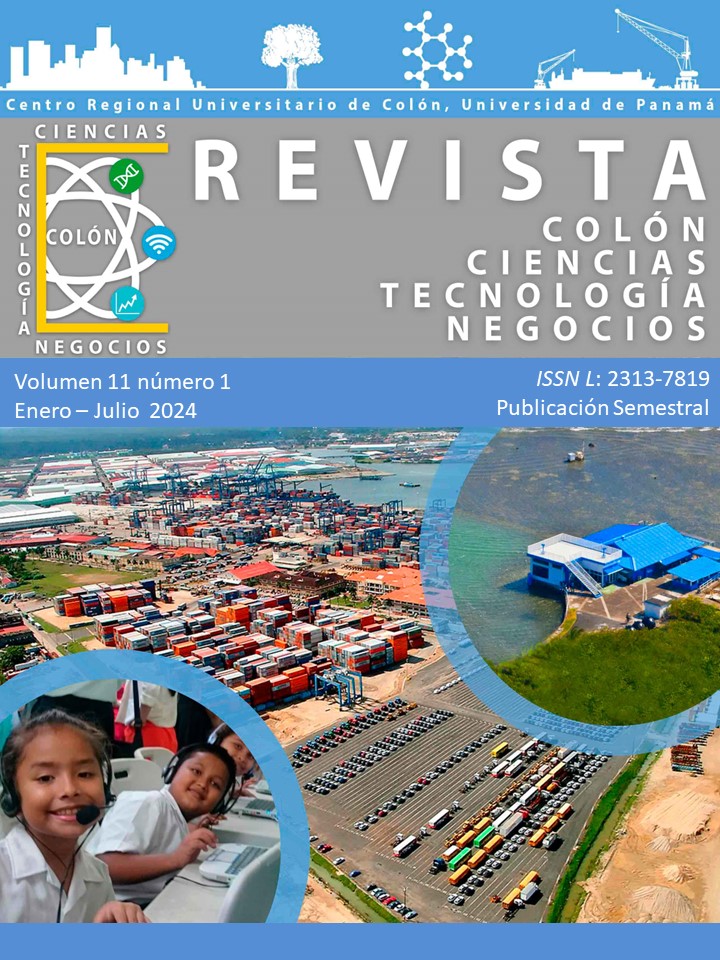

Copyright (c) 2024 Revista Colón Ciencias, Tecnología y Negocios

This work is licensed under a Creative Commons Attribution-NonCommercial-ShareAlike 4.0 International License.
For some decades now, disorders linked to poor nutrition and a sedentary lifestyle have been generating an increase in non-communicable diseases, including obesity, cardiovascular conditions, and diabetes. Purchasing decisions are linked to the circular economy, a new model of economic development with new consumer habits that are causing important changes. Faced with this, the use of nutritional labeling has been proposed as a public policy to safeguard health, with the understanding that it guides the consumer to correctly choose their foods to maintain a healthy and balanced diet. In this way, producers are encouraged to promote innovative forms of sustainable purchasing and consumption and offer healthy products. The purpose is to identify the level of knowledge and frequency of use regarding front labeling and nutritional warning of a group of consumers in urban and suburban areas in the province of Colón. This is a diagnostic and exploratory study, accidental sampling of consumers in urban and suburban areas in the province of Colón, of both sexes, aged between 20 and 62 years, without consideration of economic situation or education, selected at random upon leaving retail product sales centers (supermarkets, convenience stores, grocery stores), located in the towns of Sabanitas and Portobelo, that had purchased any food or non-alcoholic beverage. A questionnaire was designed with 13 items aiming to measure the level of knowledge of informants regarding this topic, consumers’ criteria for selecting packaged food products, and how much attention the buyer takes of warning seals printed on the packages of food products during purchasing process.